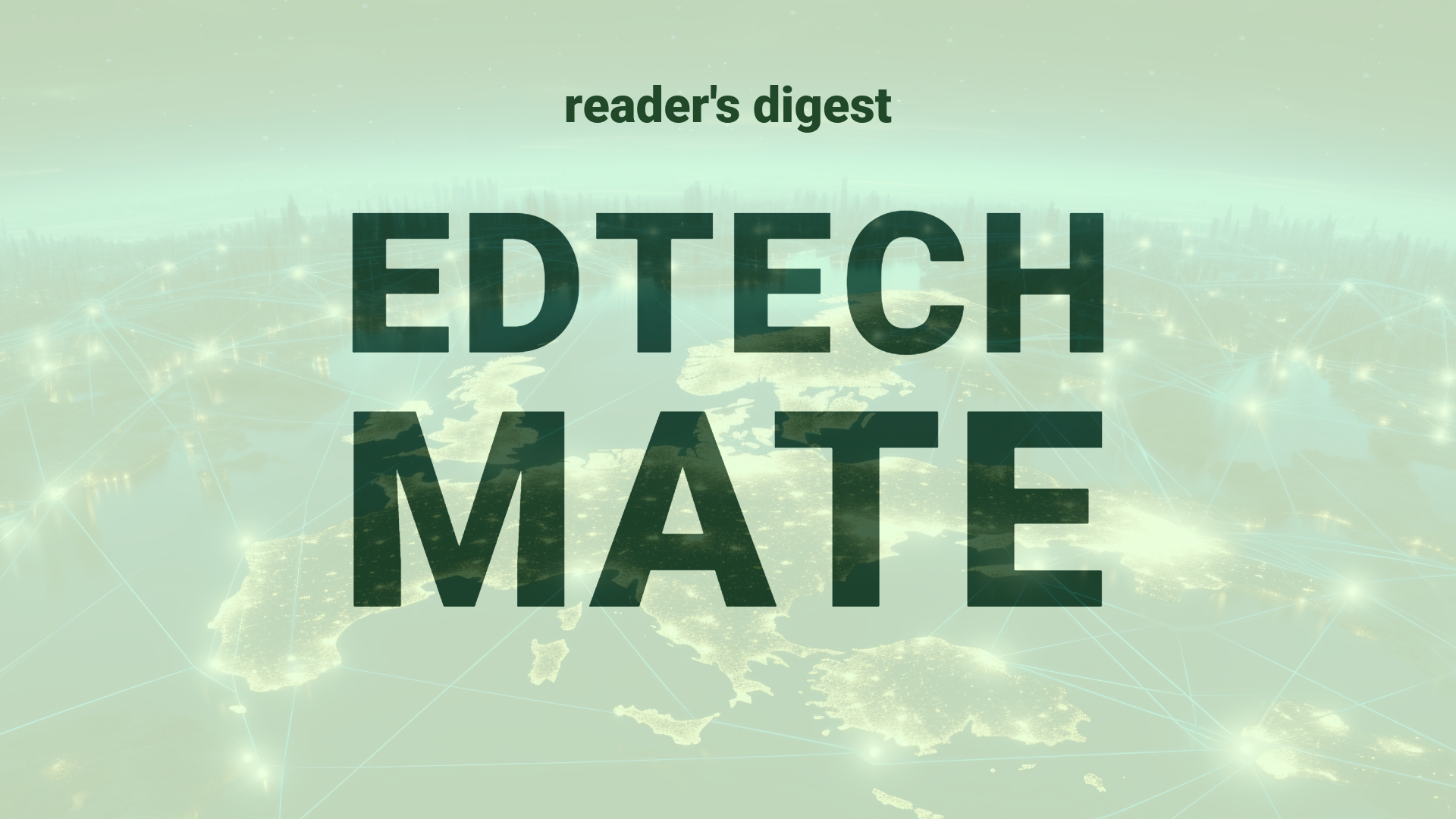Executive Summary and Main Points
Innovations in job interview accessibility are transforming the hiring landscape, especially for disabled individuals and those with diverse learning styles. Key trends in this sector include the recognition of disabilities and learning differences, the critique of traditional interviewing tactics, and the shift towards creating a level playing field during the interview process. Initiatives push for reflection on ingrained practices to foster a truly inclusive, unbiased, and accommodating environment. The integration of structured interviews supports objective criteria and a fair assessment of candidates’ capabilities.
Potential Impact in the Education Sector
The shift towards accessible and inclusive job interviews has significant potential to transform Further Education, Higher Education, and Micro-credentials. For institutions, embracing these practices can widen talent pools, ensuring that the best educators, irrespective of disability, are recruited. Strategic partnerships between educational bodies and organizations specializing in accessibility could lead to more effective teacher training, student support mechanisms, and curriculum development. The digitalization of the recruitment process aligns with the increasing digitization of learning modalities, such as e-learning platforms and online micro-credentialing courses.
Potential Applicability in the Education Sector
Innovative applications for education settings include AI-driven tools for matching candidate skills with job requirements, adaptive technologies to accommodate diverse applicant needs, and virtual reality scenarios to simulate job-related tasks. Global education systems could also adopt digital interview platforms that provide flexibility and convenience. Investment in these tools can enhance the recruitment process and aid in the creation of a diverse and effective educational workforce prepared to tackle a globalized educational environment.
Criticism and Potential Shortfalls
International case studies indicate that not all educational settings are equipped to implement thorough inclusive hiring practices, often due to resource constraints or cultural resistance to change. Moreover, ethical implications arise when considering data privacy in AI-driven recruitment processes and potential biases in digital tools. While the inclusive interview process seeks to eliminate biases, there is a risk of other subtle biases replacing them, such as digital literacy or access disparities, manifesting in new forms of discrimination.
Actionable Recommendations
Educational leadership should consider adopting structured interviews, utilizing a comprehensive and publicly shared menu of accommodations, and critically analyzing their existing hiring protocols. Additionally, building partnerships with technology firms could facilitate the development of digital tools tailored for educational settings. Finally, ongoing training for hiring managers to understand and work effectively with candidates who have disabilities is crucial to the successful implementation of these technologies. Adopting a data-driven and human-centered approach, educational institutions can make strides in creating a more diverse and inclusive workforce.
Source article: https://hbr.org/2024/06/how-to-make-job-interviews-more-accessible

